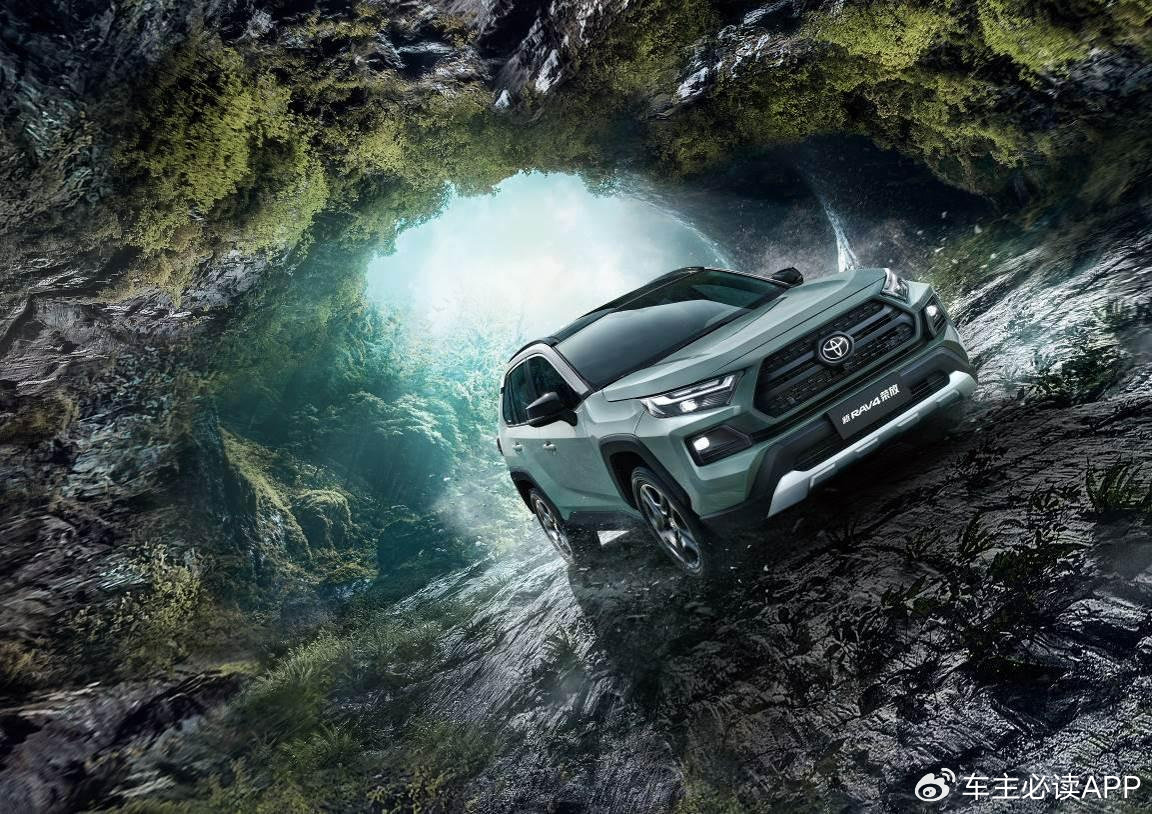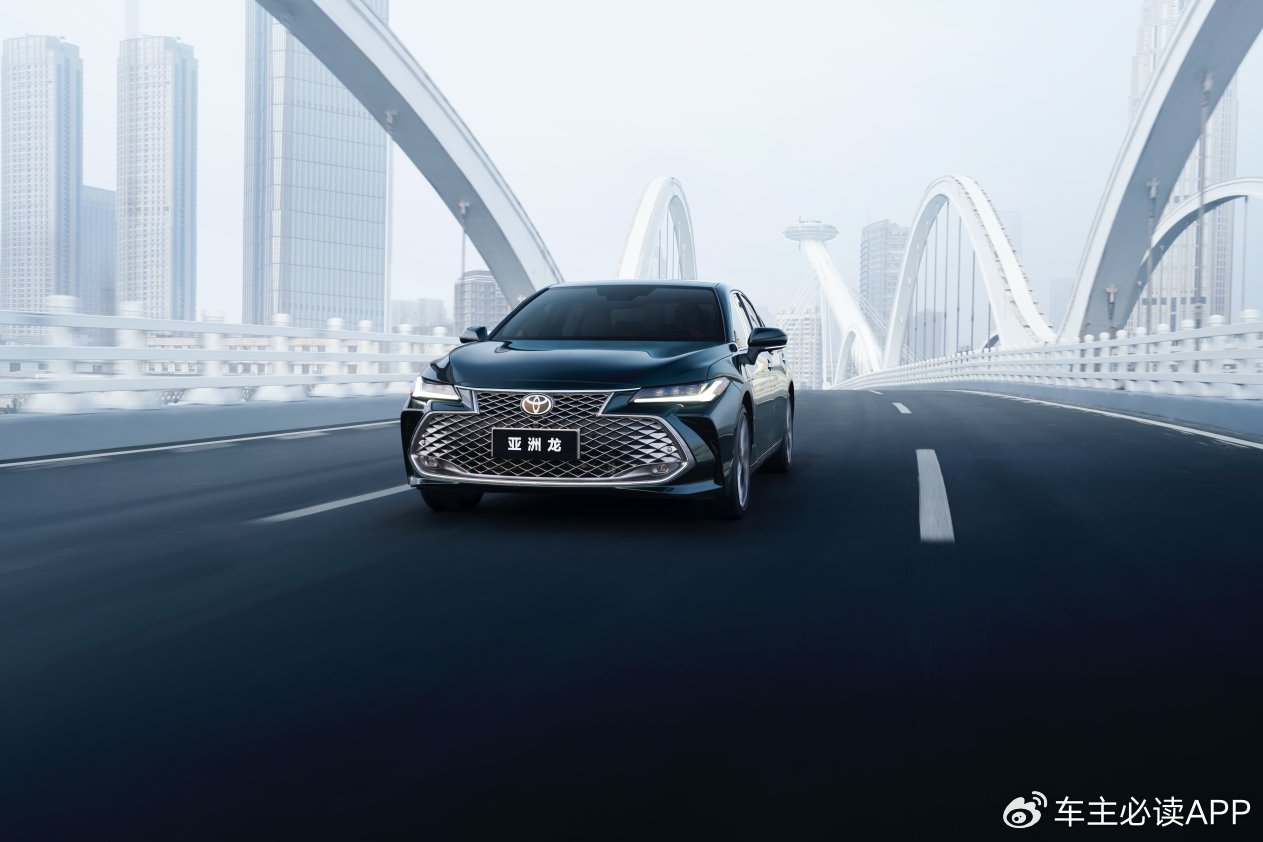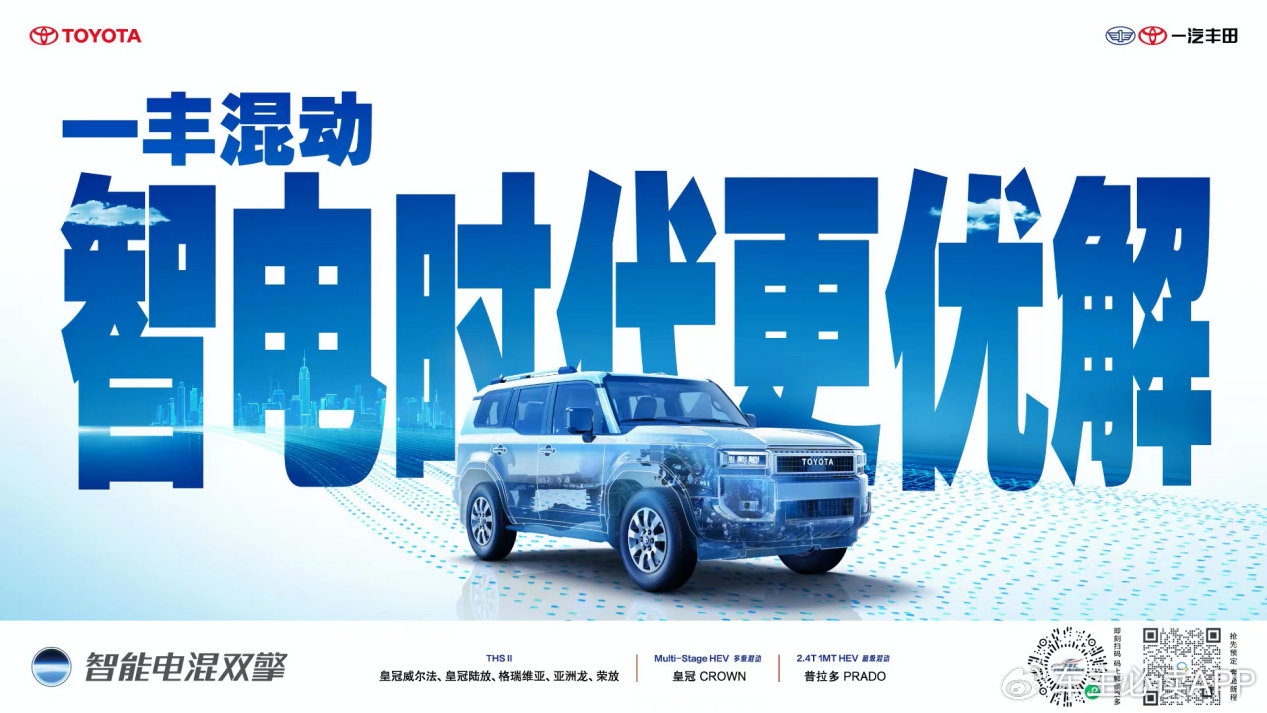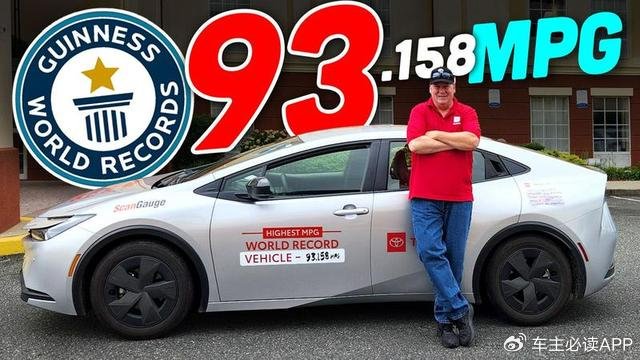Buying a car is a major event for ordinary people, second only to buying a house. It requires careful budgeting. Today, let’s discuss popular electric products: HEVs, PHEVs, and EVs. In a similar price range, which offers the best value? Which can you buy without worry? First, let’s calculate the purchase cost. Costs relate to technology and raw materials. Overall, HEVs have a lower purchase cost. The cheapest HEV on the market starts at under 100,000 yuan (14260$). PHEVs have a higher entry point, typically priced between 150,000 and 300,000 yuan (42790$). EVs, with their large battery costs, usually have the highest prices compared to HEVs and PHEVs. Despite HEVs’ high overall value, choosing the best option requires looking at specific models. Consider several popular compact hybrid SUVs with similar prices: the FAW Toyota RAV4 2.5L Intelligent Hybrid Elite PLUS, the GAC Toyota Wildlander 2024 2.5L E-CVT Four-Wheel Drive, and the GAC Trumpchi GS8 2024 Hybrid Series 2.0TM Four-Wheel Drive. Their manufacturer suggested prices range from 200,000 to 250,000 yuan (35660$). Currently, the RAV4 has a significant discount of up to 32,000 yuan (4560$), making it a great buying opportunity.
Compared to pure electric vehicles, insurance payouts vary among companies. In minor accidents, traditional fuel cars or HEVs may only need routine repairs. However, pure electric vehicles require comprehensive assessments of core components like batteries. Batteries are valuable and complex, making damage assessments tougher. This increases both the time and uncertainty of repair costs. Therefore, when choosing to buy an EV, understand the insurance claims process and consider hidden costs. In comparison, buying an HEV saves money and worry. When it comes to usage, the more you save, the better. Now, let’s look at overall usage costs. HEVs have mature technology, long lifespans, and relatively low maintenance costs. PHEVs often need frequent charging. When the battery is low, fuel consumption can spike to around 7L, even higher than traditional fuel cars. This can cost over 60 yuan (10$) per 100 kilometers, nearly the price of a taxi. EVs have low electricity costs, but their maintenance costs are higher. Their limited range makes spontaneous trips inconvenient. Additionally, EVs face challenges in battery safety and crash safety, as seen in news reports of fires and smoke. Large batteries are prone to issues, and repair costs rise. Battery replacement is expensive. In contrast, HEVs have smaller batteries, making repair costs negligible. Considering overall costs and safety, Toyota leads as the pioneer of HEVs. Its hybrid products have sold 27 million units globally over 27 years, maintaining zero battery safety incidents. FAW Toyota’s fifth-generation intelligent hybrid technology has upgraded core components to be smaller, lighter, and more precise. The new Avalon Hybrid achieves fuel consumption as low as 4.31L per 100 kilometers, costing about 30 cents per kilometer with 92-octane fuel. It is truly the “most fuel-efficient C-class car.” Moreover, unlike PHEVs and EVs, HEVs don’t require charging, eliminating range anxiety and providing a smoother experience.
Let’s discuss the final step: changing cars. Some PHEVs lose over 70,000 yuan (9980$) after one year. They depreciate quickly. EVs are worse. News often highlights how new EVs drop in price rapidly, leaving old owners disappointed. HEVs focus on stability. Their purchase and maintenance costs are low. Their used car prices remain relatively stable.
When discussing resale value, one cannot overlook FAW Toyota. FAW Toyota leads the industry in resale value. It achieved a three-year resale rate of 70.47%, ranking first among joint venture manufacturers. The phrase “Toyota cars never break down” is well-known. Models like the Avalon, RAV4, Crown Land, and Prado consistently top authoritative resale rankings. High resale value provides strong economic security for owners when they change cars. Moreover, FAW Toyota’s intelligent hybrid models have relatively low maintenance costs. Their batteries maintain performance even after 10 years and 330,000 kilometers. The long battery life ensures peace of mind throughout the vehicle’s lifecycle. Recently, media reports indicated that the fifth-generation Prius set a Guinness World Record. Its average fuel economy reached 93.158 miles per gallon, equivalent to about 39.6 kilometers per liter. This translates to fuel consumption of only 2.52 liters per 100 kilometers. This achievement surpassed the previous record by over 20%. The record was set during a journey across the United States, covering approximately 5,168.73 kilometers, including terrain with altitudes up to about 2,133.6 meters and temperatures reaching 40.56 degrees Celsius. With world-class low fuel consumption and high stability, Toyota’s hybrid technology stands out globally.
“Buying a car involves more than just the price. Low ownership costs matter most.” Compared to other electric models, the FAW Toyota Intelligent Electric Hybrid product saves money throughout its entire lifecycle. It is truly a “super-saving tool.”



